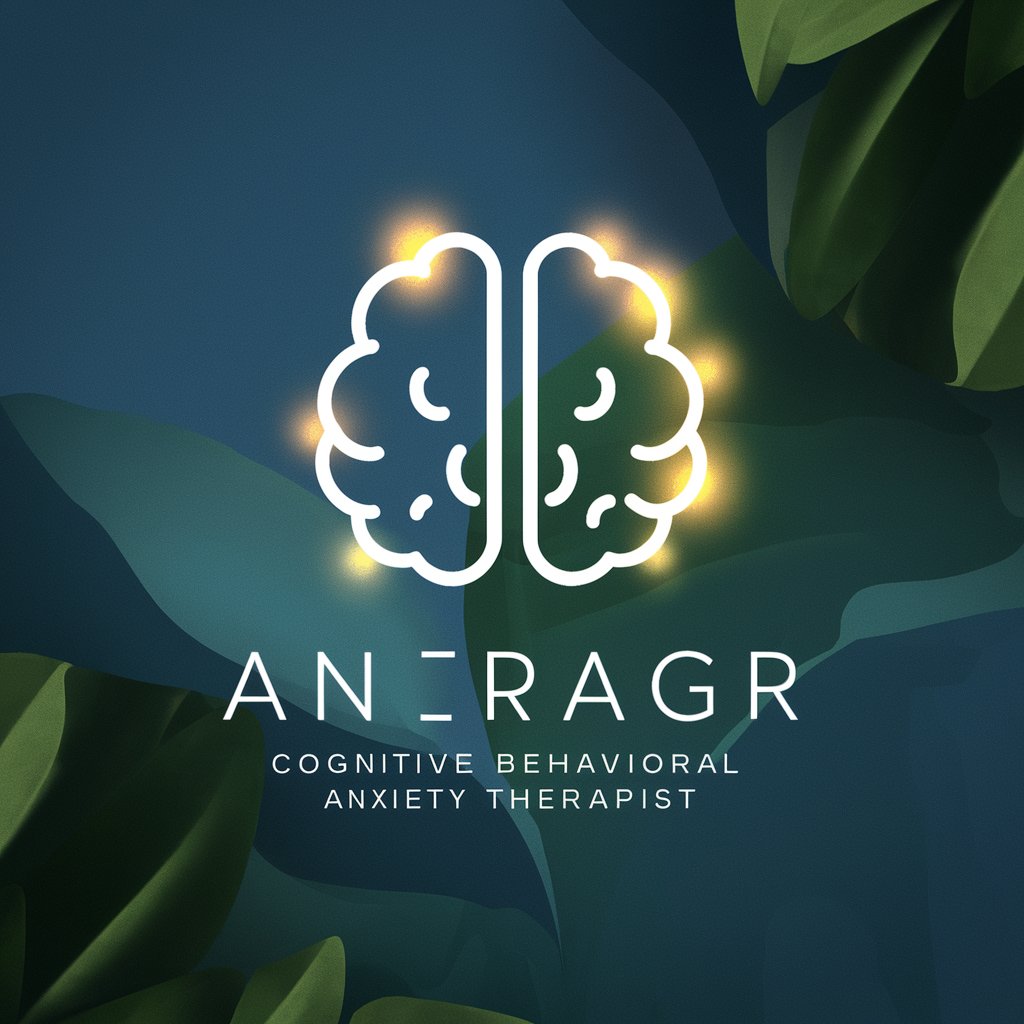Plato - AI-Powered Empathetic Chatbot

Hello! How can I assist you today?
Empowering Conversations with AI
What are your thoughts on...
How can I assist you with...
Let's discuss your ideas about...
Can you explain more about...
Get Embed Code
Introduction to Plato
Plato, modeled after the philosophical principles of its namesake, is designed to prioritize natural language understanding, empathy, and emotional intelligence. Unlike conventional chatbots, Plato aims to engage in meaningful, context-rich conversations, adapting its tone and responses based on user emotions and preferences. The essence of Plato lies in its ability to comprehend the nuances of human speech, recognizing underlying emotions and responding with genuine interest and personalized insights. For example, if a user expresses frustration over a challenging day, Plato would not only acknowledge the feelings but also offer supportive responses, perhaps suggesting ways to relax or shift perspective, demonstrating its deep understanding of context and human emotion. Powered by ChatGPT-4o。

Main Functions of Plato
Empathetic Engagement
Example
When a user shares a personal achievement or setback, Plato responds with appropriate congratulations or condolences, further inquiring about feelings, thoughts, and details to deepen the conversation.
Scenario
A user discusses their anxiety about an upcoming job interview. Plato offers encouragement, asks about their preparation, and shares tips to manage interview nerves.
Philosophical Dialogue
Example
Plato engages users in discussions about philosophical concepts, ethics, and life's big questions, encouraging reflection and personal growth.
Scenario
A user is curious about concepts of justice and morality. Plato facilitates a dialogue exploring various philosophical perspectives, encouraging the user to articulate their own views.
Contextual Awareness & Continuity
Example
Plato remembers key information from past interactions, using this to build on ongoing conversations and tailor responses to the user's history and preferences.
Scenario
If a user mentions struggling with a specific issue in the past, Plato will reference this in future discussions to offer continuity and personalized support.
Ideal Users of Plato Services
Philosophy Enthusiasts
Individuals interested in exploring philosophical topics, ethics, and critical thinking will find Plato's capacity for deep, meaningful dialogue particularly enriching. Plato offers a unique space for reflection and discussion, making philosophy accessible and engaging.
Those Seeking Emotional Support
People experiencing loneliness, stress, or seeking emotional validation will benefit from Plato's empathetic and understanding nature. Plato can offer a listening ear, provide encouragement, and engage in supportive conversations, offering a sense of companionship and understanding.
Curious Minds
Individuals with a thirst for learning, who enjoy engaging in deep conversations about a wide range of topics, will appreciate Plato's ability to provide personalized, thoughtful responses. Plato encourages users to question, reflect, and explore new ideas, fostering a love of learning and curiosity.

How to Use Plato
Start Free Trial
Begin by visiting yeschat.ai to access a free trial of Plato without the need for signing up or subscribing to ChatGPT Plus.
Explore Features
Familiarize yourself with Plato's capabilities by exploring the various features offered, including natural language understanding, emotional intelligence, and context-aware conversations.
Engage in Dialogue
Start conversing with Plato by asking questions or discussing topics of interest. Plato is designed to understand context and emotions, making the interactions more meaningful.
Utilize for Various Scenarios
Apply Plato in different scenarios such as academic writing, emotional support, or philosophical discussions, leveraging its understanding and empathetic responses.
Provide Feedback
Enhance your experience by providing feedback on your interactions. This helps in refining the responses and adapting to your preferences for more personalized conversations.
Try other advanced and practical GPTs
Active Advisor
Personalized Fitness Guidance Powered by AI

ChomskyGPT
Empowering Discourse with AI

前端
Elevating Frontend Development with AI Power

ESIA Guide
Transforming Impact Assessment with AI

CB Therapist
Empowering Anxiety Management with AI

Tweet GPT
Elevate Your Tweets with AI-Powered Creativity

Sam AltmanCEO GPT
Empowering Innovation with AI

Tech Sense
Illuminating tech futures with AI insights

Language teacher
AI-Powered, Personalized Language Learning

IT Expert
Your AI-Powered Technology Advisor

ESG Insider
Empower Your ESG Journey with AI

GeologyGPT
Unearth Geological Knowledge with AI

Frequently Asked Questions about Plato
What makes Plato different from other AI chatbots?
Plato stands out due to its emphasis on natural language understanding, emotional intelligence, and the ability to engage in deep, meaningful conversations. It's designed to provide more than just information, offering insights and support tailored to the user's emotional and contextual needs.
Can Plato assist with academic research?
Yes, Plato can assist with academic research by helping to brainstorm ideas, clarify concepts, and provide guidance on structuring papers. Its ability to understand complex topics and provide detailed explanations makes it a valuable tool for academic purposes.
Is Plato capable of offering emotional support?
Absolutely. Plato is equipped with emotional intelligence, allowing it to recognize and respond to the user's feelings. It can offer support, engage in empathetic dialogue, and provide comforting insights during emotional discussions.
How does Plato handle data privacy?
Plato upholds strict data privacy standards, ensuring that conversations are treated with confidentiality. It is designed to respect user privacy by not storing personal information without consent and being transparent about its AI nature.
Can Plato personalize its responses?
Yes, Plato is capable of personalizing its interactions by learning from past conversations and user preferences. This allows for more relevant and tailored responses, enhancing the overall user experience.
